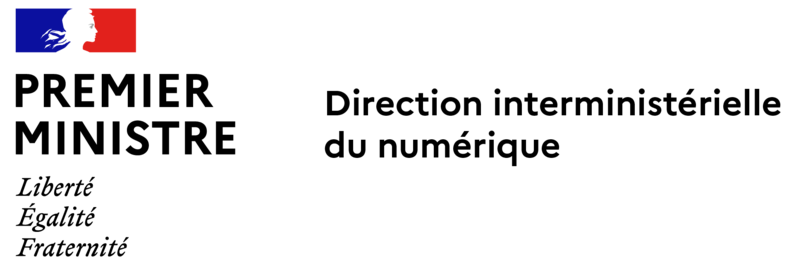Training materials¶
Introduction¶
Kick-off¶
Ensuring everyone has the appropriate tools and background knowledge to start the training.
Rules as Code background¶
Introducing Rules as Code (RaC) and how it fits with existing practices and institutional frameworks.
Modelling legislation¶
Getting started¶
Clone the country template, set up a public git repository.
Choosing which rules to start modelling¶
Understanding policy relevance, technical constraints and testing considerations.
Writing OpenFisca code¶
Writing variables, formulas, parameters and test suites.
Modelling collaboratively across silos and disciplines¶
A presentation highlighting the need for collaborative modelling in order to deliver a complete model, the difficulties in achieving it and the ways in which OpenFisca supports that goal.
Online version for reading on your own.
Full presentation with more intermediary steps for in-person delivery by trainers.
Integrating calculations with APIs¶
Python API¶
Leveraging OpenFisca calculations for datascience and large-scale computation.
Web API¶
Integrating OpenFisca calculations in a web or mobile application.
Building an OpenFisca-powered web application from scratch¶
A workshop guiding through building a web application from scratch to provide a graphical user interface over the web API of the Country Template demonstration model.
Session 1: Introduction to the Web API¶
Session 2: Web App Bootstrap¶
Session 3: Calculate Income Tax With Svelte¶
Session 4: Calculate Disposable Income With React¶
Session 5: Expand Disposable Income Over Axes With VueJS and D3¶
Credit¶
Videos¶
The videos of the training sessions were recorded as part of the 2024 Cohort of the EU GovTech4All program.
Funders¶
These training materials were co-funded by the French Interministerial Direction for Digital Affairs (DINUM) and the European Commission under the GovTech4All program.

